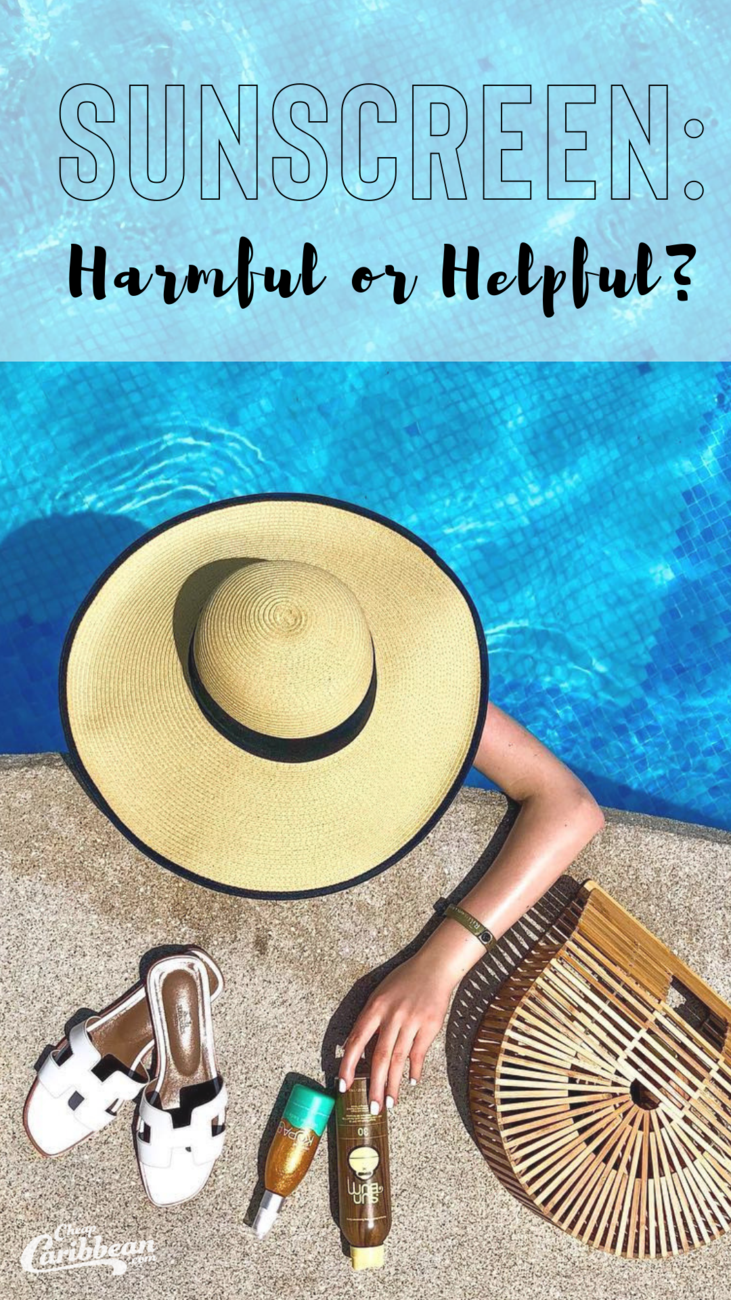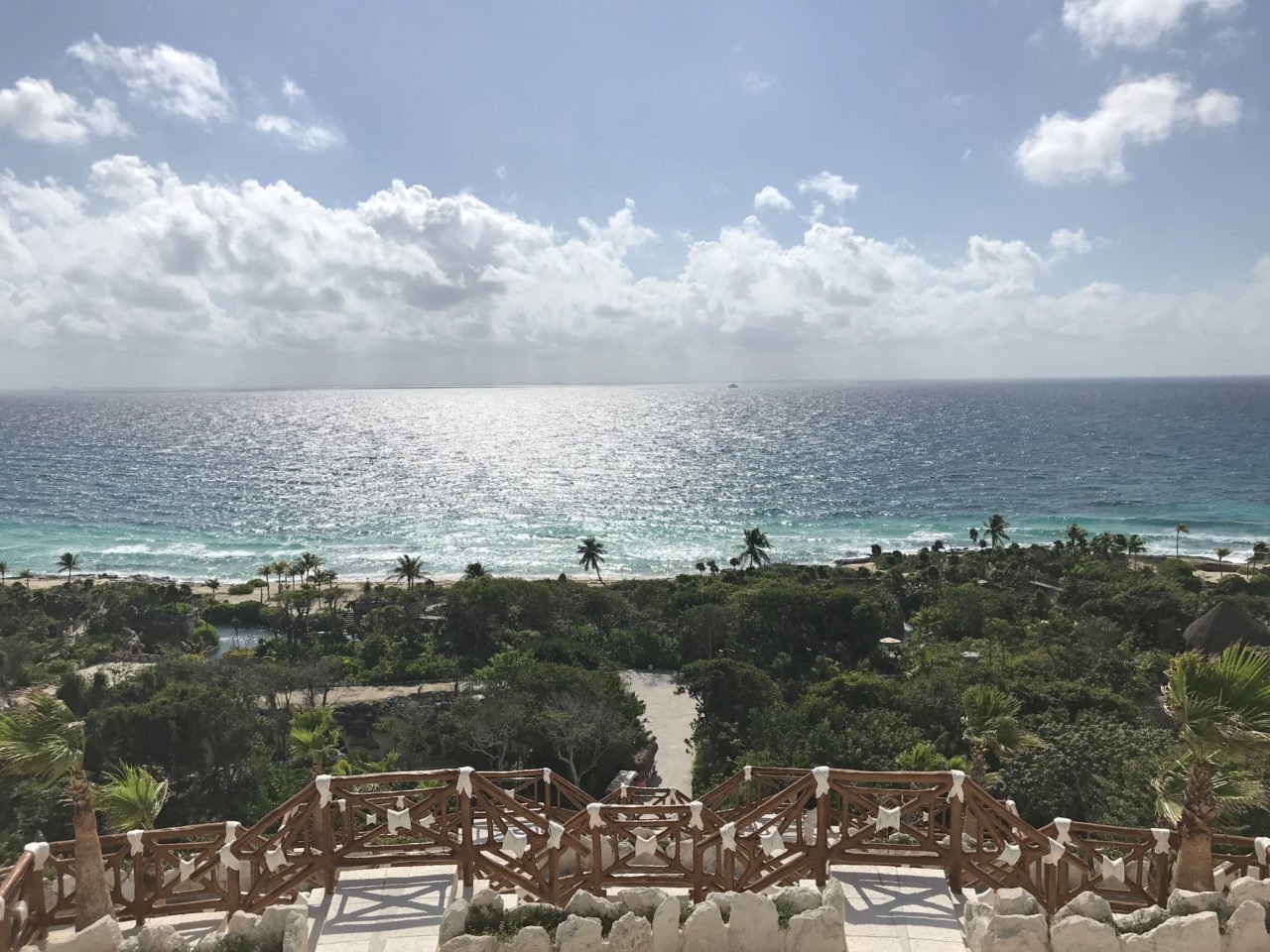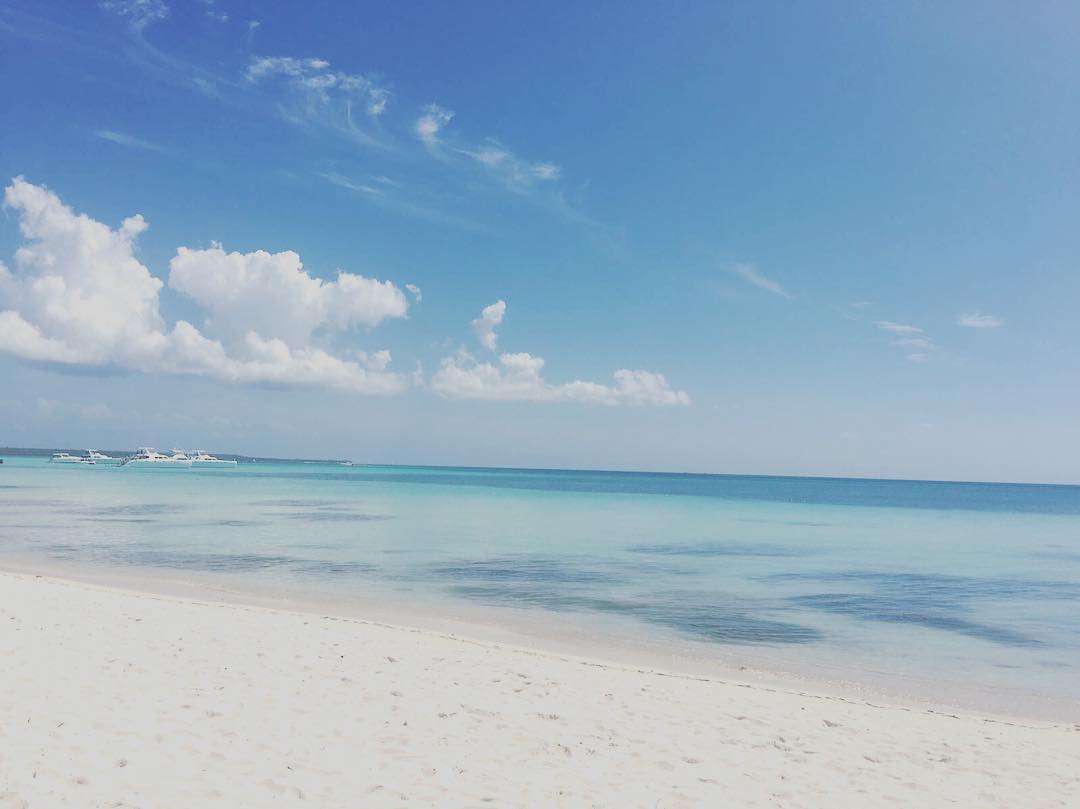It’s always important to keep up your sunscreen routine (even when it’s cloudy!) because the alternative is scary: As many as 1 in 5 Americans will develop skin cancer in their lifetime. But does shielding your skin come at a cost to the environment? Better take a closer look at the ingredients to figure out if your sunscreen gets a thumbs up or a hard pass from the experts.
Say What? Oxybenzone and Octinoxate
They’re difficult to pronounce, but their purpose is simple: These are chemicals that literally filter out the harmful rays to protect your skin. The problem is, they’re also directly linked to coral bleaching and harming other aquatic life. Experts believe that as much as 14,000 tons of sunscreen end up in our ocean each year. It’s gotten so bad that some beach destinations are banning sunscreen with these ingredients altogether, including the Caribbean island of Bonaire, and Mexico’s Riviera Maya strongly discourages usage in its ecotourism attractions.
A Better Alternative?
Mineral-based sunscreens containing zinc oxide and titanium dioxide are a more responsible choice. These ingredients sit on top of your skin and act as blockers that physically reflect UV rays. Because they’re mineral-based, they’re not connected to coral bleaching. Now, there are some reports that mineral reflectors aren’t as effective as chemical filters, so it’s best to use sunscreen with additional methods of skin protection, like a broad-brimmed hat and rash guard.
Is Non-Nano the New Nontoxic?
Sort of. The active ingredients in mineral sunscreen are made with tiny particles, a technological advancement that makes it look more subtle instead of ghostly white on your skin. Lately, there’s been a movement toward products that are “non-nano,” based on the idea that larger particles are less likely to be absorbed — either by your skin or in the environment. At the moment, there’s no official certification to determine which sunscreens truly fit the bill, but choosing those with the non-nano label shows that you’re committed to working toward a better world.
Bonus tip: Skip the aerosols, which tend to spray the sand more than your body!







